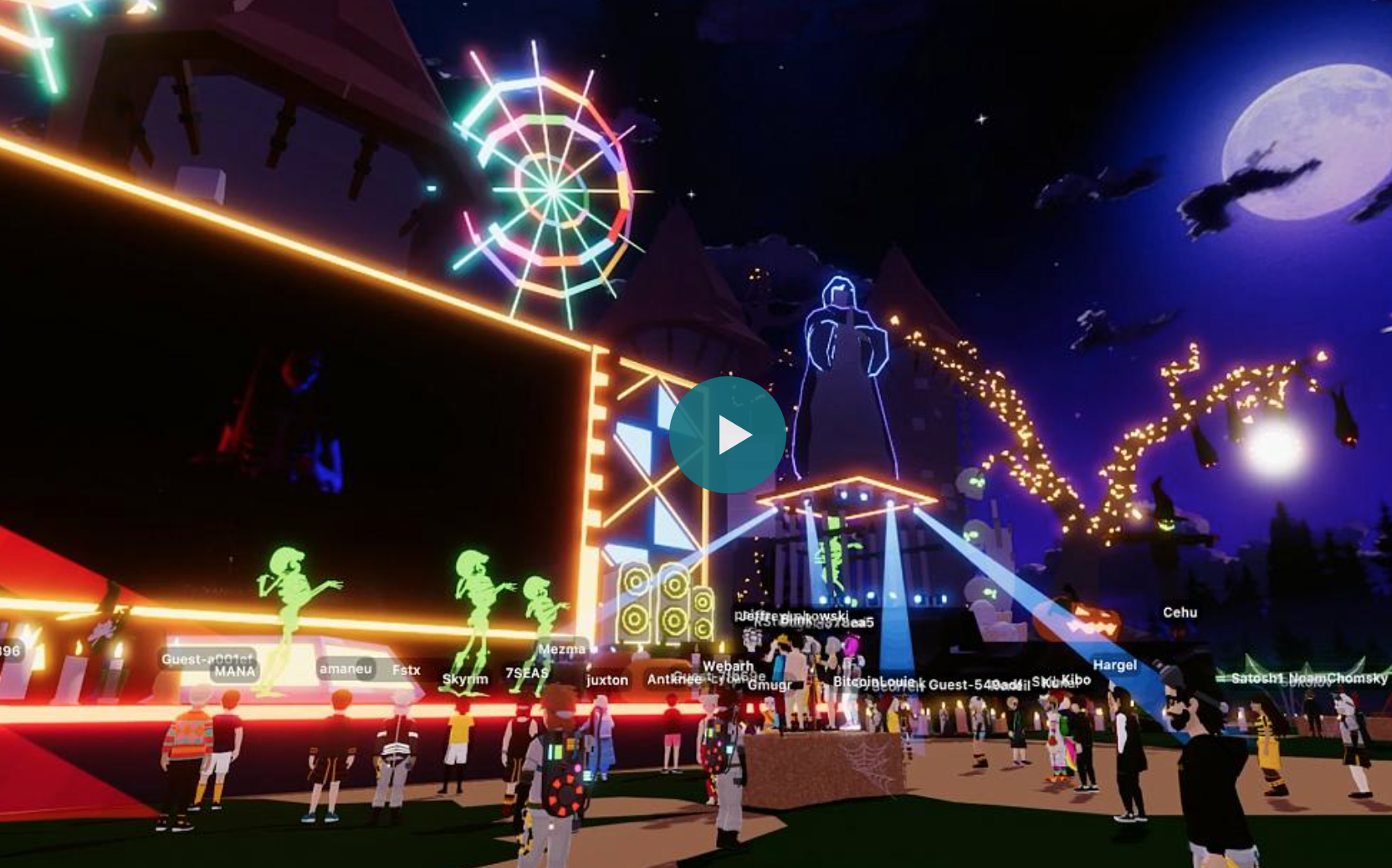Virtual world Decentraland’s metaverse casino ICE Poker has reported revenue of $7.5m in the last three months. Decentraland is a browser-based metaverse, which launched in February 2020 and is run by its users via the non-profit Decentraland Foundation.


In September 2021, Decentraland invested in a decentralized autonomous organization (DAO) Decentral Games to deliver its metaverse casino, ICE Poker, which went on to launch in October 2021.
According to Decentral Games founder Miles Anthony, the casino currently has around 6,000 users every single day and can have more than 1,000 users playing poker “at any given time.”
The casino makes up more than 30% of Decentraland’s total daily users.
Web3 casinos
Although 1,000 users at any given time doesn’t sound like a lot, “when it comes to the open metaverse, it’s pretty substantial considering the main issue right now with metaverses is that they’re empty,” Anthony told the bitcoin news source, CoinDesk.
Anthony said he regards ICE Poker as gambling’s Web3 iteration.
But what exactly is a metaverse casino?
The platform doesn’t use traditional gaming mechanics, instead, it is tokenized and requires users to purchase NFT wearables before being able to play-to-earn. For those not familiar, NFT wearables are virtual clothing, like jackets, sunglasses, jeans, and accessories that you can add to your digital avatar. The NFT wearables, like other NFTs, can appreciate in value. Some are currently on sale on the OpenSea marketplace for about 2.4 ETH, which equates to around $6,500.
Once players have their NFTs, they are entitled to a daily allotment of Chips, which reset at midnight UTC. The more iced wearables they’re playing with, the more ICE they can earn.
Players use Chips to play Poker and complete daily challenges. The daily challenges range in difficulty from simply seeing the flop 15 times to completing a straight twice. Challenges are assigned at random daily, but players always receive one easy, one medium and one hard challenge.
Completing the challenges earns players ICE tokens and XP, which are paid out and allocated daily at midnight UTC. A player’s Chips performance that day contributes to their leader board position and has an associated ICE earnings multiplier between 0.5 and 1.5.
Players can then burn ICE tokens, use XP, and deposit $DG to upgrade their NFTs. Burning ICE token allows players to upgrade to higher value and more exclusive wearables, which in turn enables players to achieve ICE bonus allocations, making it easier to earn more ICE, faster.
Alternate metaverses
Prior to the launch of ICE Poker, Atari had a brief flirtation with Decentral Games and was lined up to build its own virtual casino in the Vegas City district of Decentraland.
The casino would have featured Atari-inspired games and even its own cryptocurrency, but the games’ producer pulled out of the gambling sector just months later.
As various metaverses gather pace, online gambling is an obvious use case for them, and other casino ventures are soon to launch in the metaverse.
A separate metaverse, The Sandbox is currently fundraising the launch its own metaverse-based casino, the Sand Vegas Casino. Meanwhile, Virtue Gaming’s blockchain-based Virtue Poker became the first play-to-earn poker platform with a Malta Gaming Authority license in December.
Virtue Poker differs from ICE Poker in that it makes money off traditional casino mechanics rather than from tokenization.
Decentral Games is preparing to launch a mobile version of ICE Poker in the next few months.
The post Metaverse Casino Rakes In $7.5M In Three Months appeared first on Casino.org.